WASHINGTON (Reuters) - The U.S. Supreme Court on Saturday temporarily barred President Donald Trump's administration from deporting Venezuelan men in immigration custody after their lawyers said they faced imminent removal without the judicial review that the justices previously ordered.
"The Government is directed not to remove any member of the putative class of detainees from the United States until further order of this Court," the justices said in a brief, unsigned decision.
Conservative Justices Clarence Thomas and Samuel Alito publicly dissented from the decision, issued around 12:55 a.m. (0455 GMT).
It was not immediately clear how many Venezuelans faced deportation or the location to which they would be sent.
The Trump administration already has deported to a maximum-security prison in El Salvador more than 200 Venezuelan and Salvadoran men it claims are gang members.
The deportees included Kilmar Abrego Garcia, a Salvadoran immigrant who the administration admitted was removed by mistake, igniting an outcry over its immigration policy.
Many of the migrants' lawyers and family members say they were not gang members and had no chance to dispute the government's assertion that they were.
The White House did not immediately respond to a request for comment.
But White House Deputy Chief of Staff Stephen Miller, without directly addressing the Supreme Court ruling, said in a post on X: "We live in a society where foreign alien terrorists have unlimited free legal representation. But Americans whose communities have been stolen from them are left without recourse. We are rebalancing the scales."
The case raises questions about the Trump administration's adherence to limits set by the Supreme Court. It carries the risk of a significant clash between the two coequal branches of government and potentially a full-blown constitutional crisis.
The high court majority issued Saturday's stay after American Civil Liberties Union lawyers filed urgent requests for immediate action in multiple courts, including the Supreme Court, after reporting that some of the men already had been loaded aboard buses and were told they were to be deported.
The ACLU said the administration was poised to deport the men using a 1798 law that historically has been employed only in wartime without affording them a realistic opportunity to contest their removal - as the high court had ordered.
“These men were in imminent danger of spending their lives in a horrific foreign prison without ever having had a chance to go to court. We are relieved that the Supreme Court has not permitted the administration to whisk them away the way others were just last month," Lee Gelernt, the ACLU's lead attorney in the case, said in a statement on Saturday.
Elected last year on a promise to crack down on migrants, Trump invoked the 1798 Alien Enemies Act in a bid to swiftly deport accused members of Tren de Aragua, a criminal gang originating from Venezuelan prisons that his administration labels a terrorist group.
Trump and his senior aides have asserted their executive power grants them wide authority on immigration matters, testing the balance of power between branches of government.
COURT BATTLES
During a hearing on Friday in a related case, a government lawyer said that there could be deportations on Saturday.
Trump scored one victory on Friday when an appeals court put on hold a threat by District Judge James Boasberg of contempt charges.
Boasberg also denied an ACLU request to block Trump from deporting suspected members of Tren de Aragua, citing an April 7 Supreme Court ruling that allowed Trump to use the Alien Enemies Act, albeit with certain limits.
Boasberg said he was concerned the government would deport additional people as soon as Saturday but that, "At this point I just don't think I have the power to do anything about it."
Trump previously called for Boasberg's impeachment following an adverse ruling, prompting a rare rebuke from U.S. Chief Justice John Roberts.
While one hearing played out in Boasberg's court, the ACLU worked on a separate track to halt the deportations of Venezuelans held in Texas.
ACLU lawyers filed with the Supreme Court after failing to get a rapid response from earlier filings on Friday before U.S. District Judge James Hendrix in Abilene, Texas, and the Fifth U.S. Circuit Court of Appeals in New Orleans to block any such deportations.
In Saturday's order, the Supreme Court invited the administration to file a response to the ACLU's request after the 5th Circuit acts.
At issue is whether the Trump administration has met the Supreme Court's standard for providing the detainees due process before sending them to another country - possibly to the notorious prison in El Salvador.
HABEAS CORPUS RELIEF
Their deportation would be the first since the Supreme Court's 5-4 ruling that allowed removals under the 1798 law while specifying that "the notice must be afforded within a reasonable time and in such a manner as will allow them to actually seek habeas relief in the proper venue before such removal occurs."
Habeas corpus relief refers to the right of detainees to challenge the legality of their detention. It is considered a bedrock right under U.S. law.
The Supreme Court did not indicate how much notice should be provided. Lawyers around the country have asked that the migrants be given 30 days' notice to allow them to contest their deportations. The Trump administration has not said publicly how much notice it intends to give the migrants.
The ACLU filed a photo of one of the notices with the court.
"You have been determined to be an Alien Enemy subject to apprehension, restraint, and removal," read the notice. The recipient's name was obscured, and it was noted that the migrant refused to sign it on Friday.
Asked about the planned deportations on Friday, Trump said he was unfamiliar with the particular case but added: "If they're bad people, I would certainly authorize it."
"That's why I was elected. A judge wasn't elected," he told reporters at the White House.
Defense lawyers and Democrats in Congress have pressed the administration to demonstrate how it knows the Venezuelans are members of the gang, which is active in human trafficking and other crimes in South America but has a smaller U.S. presence.
"We are not going to reveal the details of counter terrorism operations, but we are complying with the Supreme Court's ruling," Assistant Secretary for U.S. Homeland Security Tricia McLaughlin said in a statement on Friday.
(Reporting by Andrew Chung and Luc Cohen in New York and Kristina Cooke in Los Angeles; Additional reporting by Jack Queen in New York; Writing by Daniel Trotta; Editing by Noeleen Walder, Howard Goller, Daniel Wallis, William Mallard and Diane Craft)

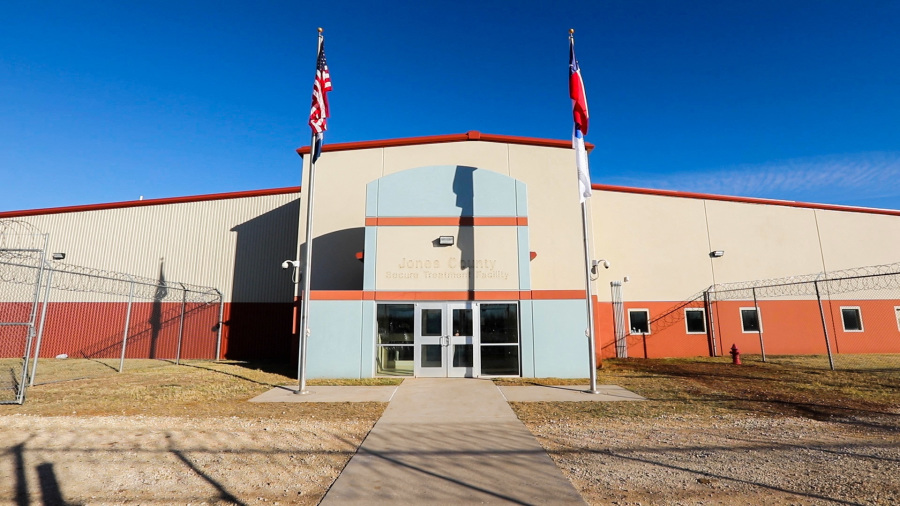
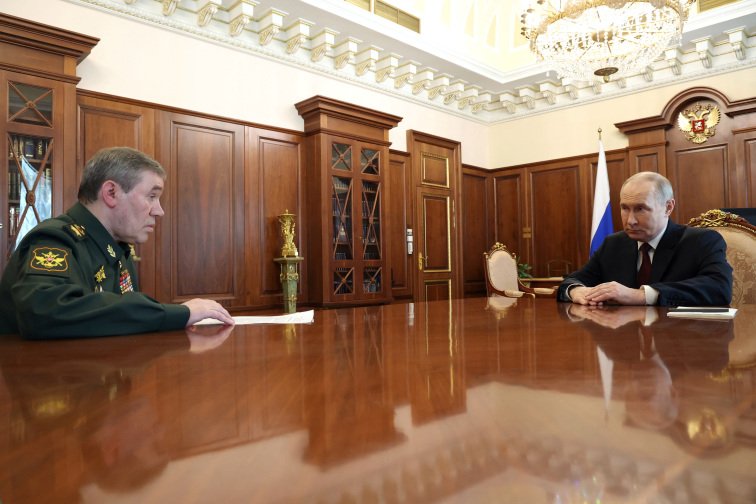
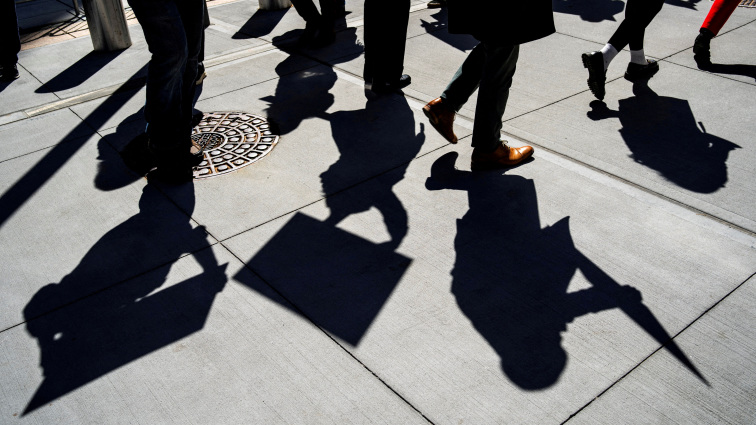



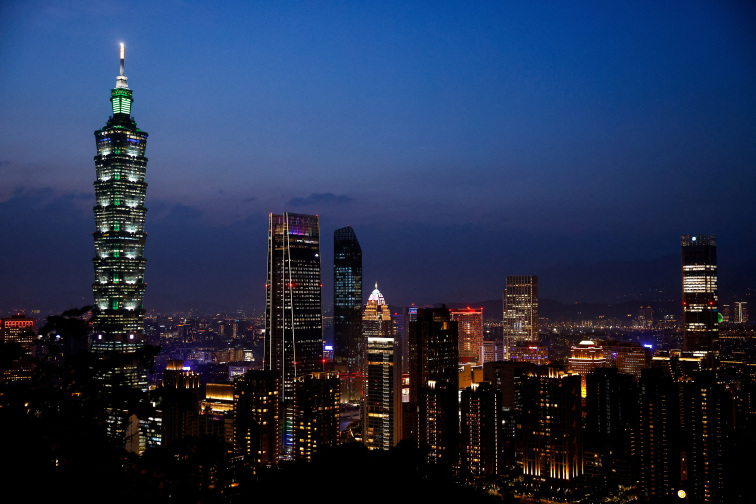
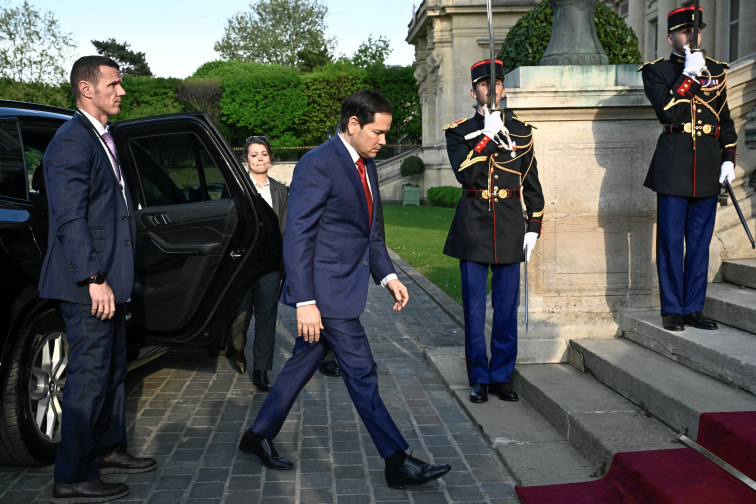


News magazine bootstrap themes!
I like this themes, fast loading and look profesional
Thank you Carlos!
You're welcome!
Please support me with give positive rating!
Yes Sure!